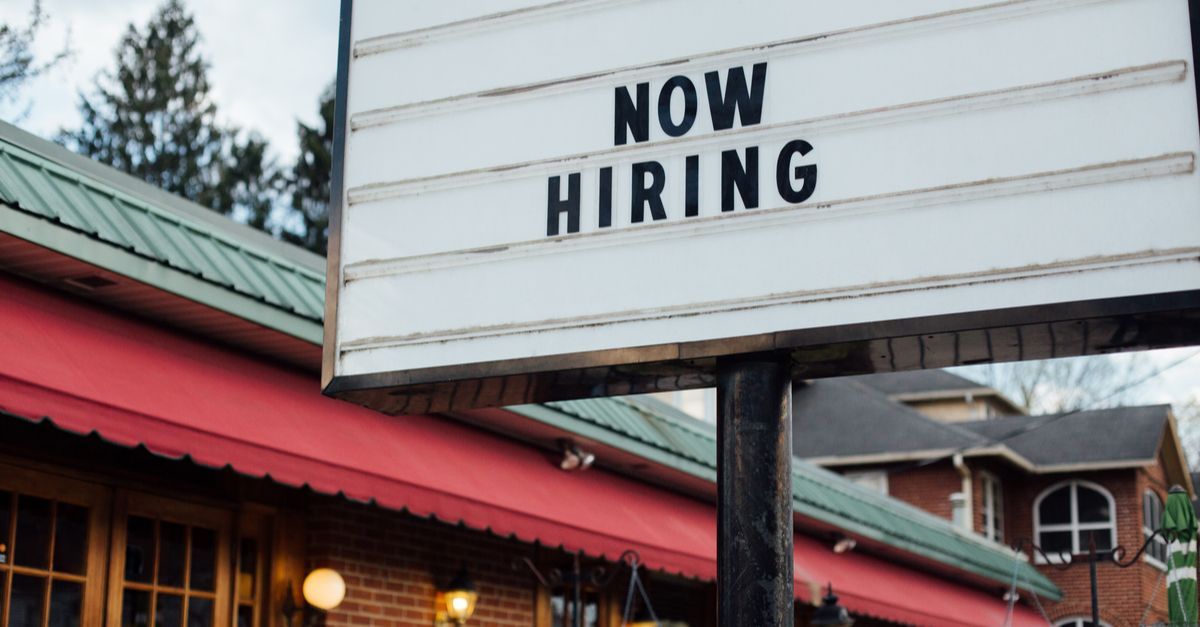U.S. Population Declining; Good News for Workers, Renters

The United States is accustomed to steady economic growth, driven by a growing population that is increasingly affluent and eager to buy the consumer goods that keep the money flowing.
But the times they are a-changing. The vast baby boom generation is leaving the workforce, immigration is slowing, the birth rate is falling and life expectancy is shrinking, in part because of the COVID-19 pandemic and opioid abuse.
While this may not be what Wall Street would prefer, it could turn out to be beneficial for workers, renters and consumers.
"Only increased immigration can become a driver of U.S. growth."
Businesses are already complaining they can’t find enough workers to fill low-paying jobs. Many in Congress and elsewhere have blamed the shortage on the emergency benefits paid out as part of the government’s response to the pandemic.
But the latest Census Bureau estimates make it official: the U.S. population aged 16 through 64 fell 0.1% in 2020. That’s not much but it’s the first decline of any kind after decades of robust increases.

Population expected to continue to decline
While there may be some short-term bounceback if the pandemic ever fully recedes, many experts expect the population to continue to decline modestly or at least to grow at a more anemic pace.
“Low natural increase levels (a result of the aging of the population) will likely continue regardless of federal policy, suggesting that only increased immigration can become a driver of U.S. growth,” said William H. Frey, a senior fellow at the Brookings Institute in a recent posting.
“We’ve never really been in this type of situation before,” he said. “There’s just not enough (young adults) to replace people who are leaving.”
Despite all the railing about the supposed damage caused by immigration, it’s the constant influx of immigrants that has given the U.S. a steadily growing workforce and a constantly expanding continental marketplace of eager. consumers. Immigration has been off by more than half, falling below 500,000 during the last four years.
Shrinking workforce benefits workers
But whatever the reasons, a shrinking workforce should be good for workers.
“The workers would be doing better than the economy as a whole,” said Manoj Pradhan, the founder of Talking Heads Marco, an economics research firm. Fewer workers should result in higher salaries, which in turn could help relieve the nagging inequality that has caused growing friction between the affluent and those not so fortunate.
The looming shortage of workers could be particularly good news for blue-collar workers. Retiring baby boomers are being replaced by younger workers who are more likely to be college graduates.
That could mean that blue-collar workers will be in short supply, said Gad Levanon, an economist at the Conference Board. That could increase labor shortages – and opportunities – in industries like manufacturing, construction, retail and hospitality.
“Americans should look forward to a prolonged period of very low unemployment and of shortages of qualified workers. For workers, the unexpected re-emergence of labor shortages will be a pleasant surprise after a hellish year,” Levanon said in a CNN Business posting.
While renters have been suffering through a period of tight housing and increasing rents, a steady decrease in the population should open up more housing units and take some of the pressure off rents.
Workers staying put
The U.S. workforce is not only getting smaller, it’s also not in a mood to move around the country at the whims of an employer.
“In the year before COVID-19 swept the country, a smaller share (9.3%) of Americans changed residence than in any year since 1947, when the Census Bureau first started collecting annual migration statistics,” Frey said.
While that may be bad news for the moving industry, it should be beneficial for workers who may be able to snag jobs that would otherwise go to an employee transferring in from somewhere else.
